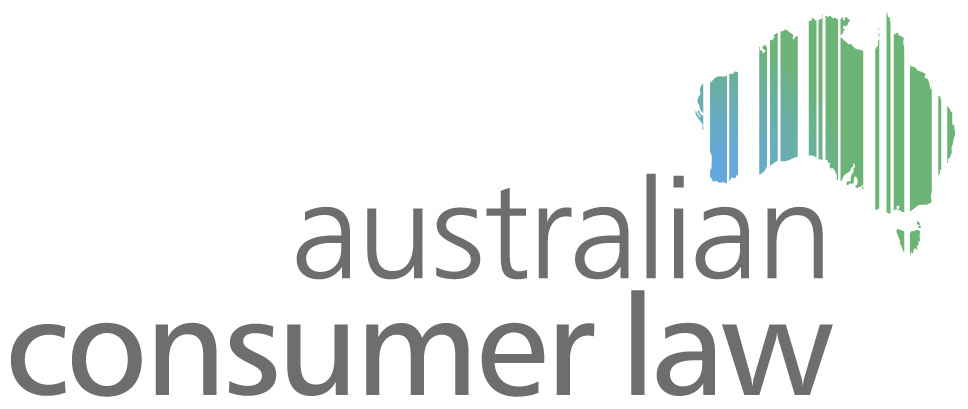The Australian, state and territory governments work together to monitor operations and identify areas for improvement.
Consultations
Treasury leads public consultations for all Australians to have their say on different parts of the ACL, its use, and how well it’s working in practice.
For ACL consultations, visit Treasury's Consultations
Australian Consumer Survey
The Australian Consumer Survey is the national baseline study to evaluate the Australian Consumer Law's impact on consumers and businesses.
It was introduced as part of the implementation of the Australian Consumer Law in 2011.
The survey is jointly commissioned by the Australian, state and territory governments.
Benchmarks
The first survey in 2010–11 established benchmarks for:
- consumer and business awareness of consumer protection laws
- trends in consumer and business behaviour
- current and potential areas of consumer detriment and
- future considerations.
Objectives
The survey is designed to:
- give evidence to inform future policy development
- use as a baseline to evaluate the law's impact on consumers and businesses.
Reports
The third national survey compared data over time. Consumer awareness of their basic consumer rights is almost universal. Less than half of businesses agree that the law favours the consumer over business – the first time since the survey started.
The second survey assessed the impact of the law 5-years after its introduction. Awareness of consumer protection laws remain high. There was a decrease in consumer problems and business compliance costs.
The first national survey set the benchmark of consumer and business awareness of their rights and responsibilities under the law.
Review
The first major review of the Australian Consumer Law started on 31 March 2016 and closed on 19 April 2017 with the release of the final report.
Consumer Affairs Australia and New Zealand conducted the review with the intent to:
- assess the effectiveness of the current law and whether the law was sufficiently flexible to address new and emerging issues and
- consider the extent to which the national consumer policy framework has met the objectives articulated by the then-Council of Australian Governments.
Final report
The final report recommended a reform package of:
- legislative proposals
- non-legislative actions by regulators and
- priority areas for more investigation.
To read the recommendations and findings, see Australian Consumer Law Review – Final Report

